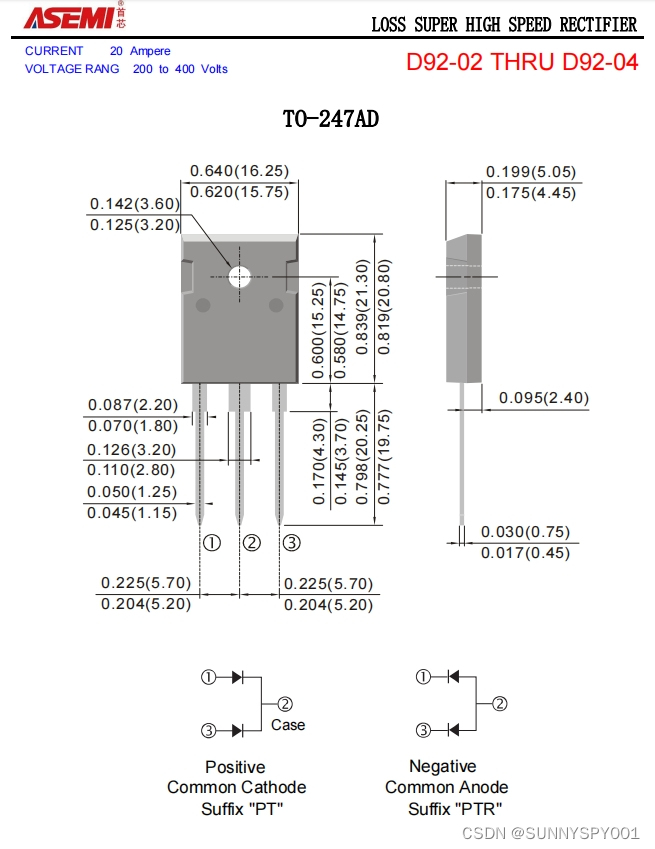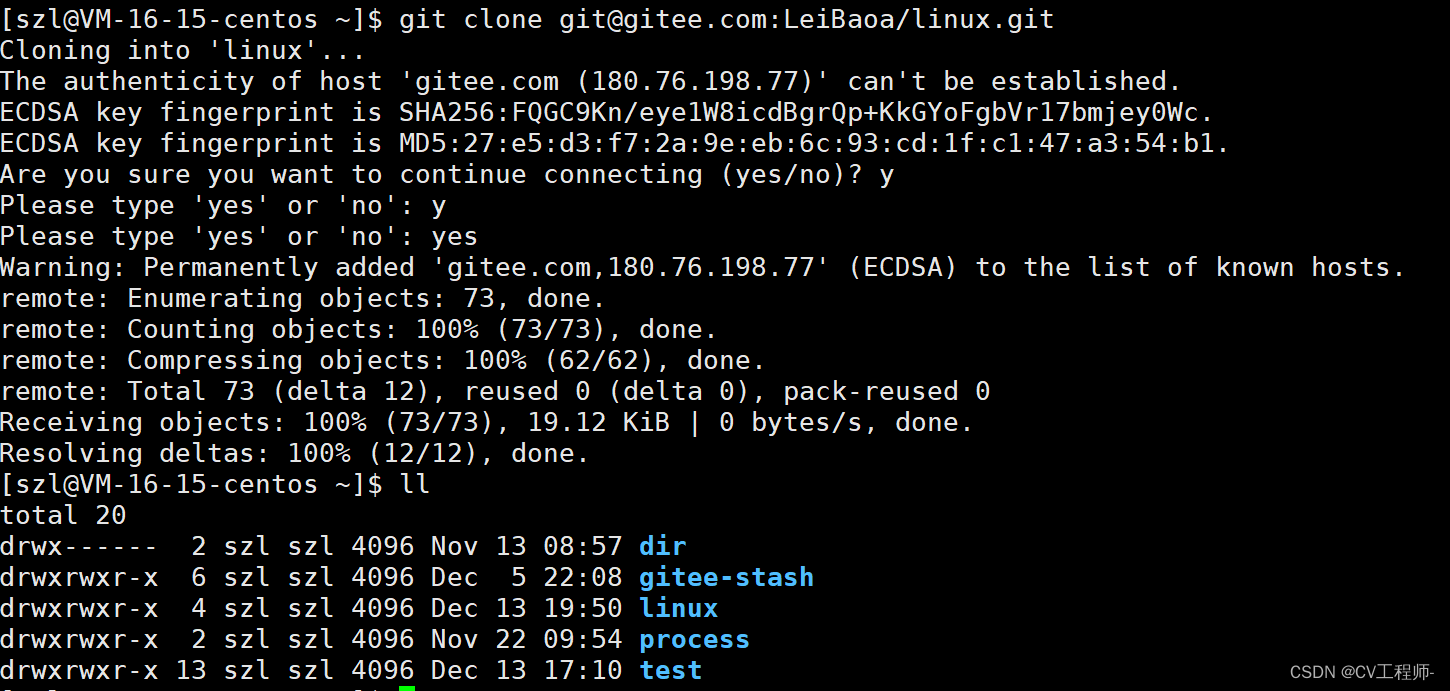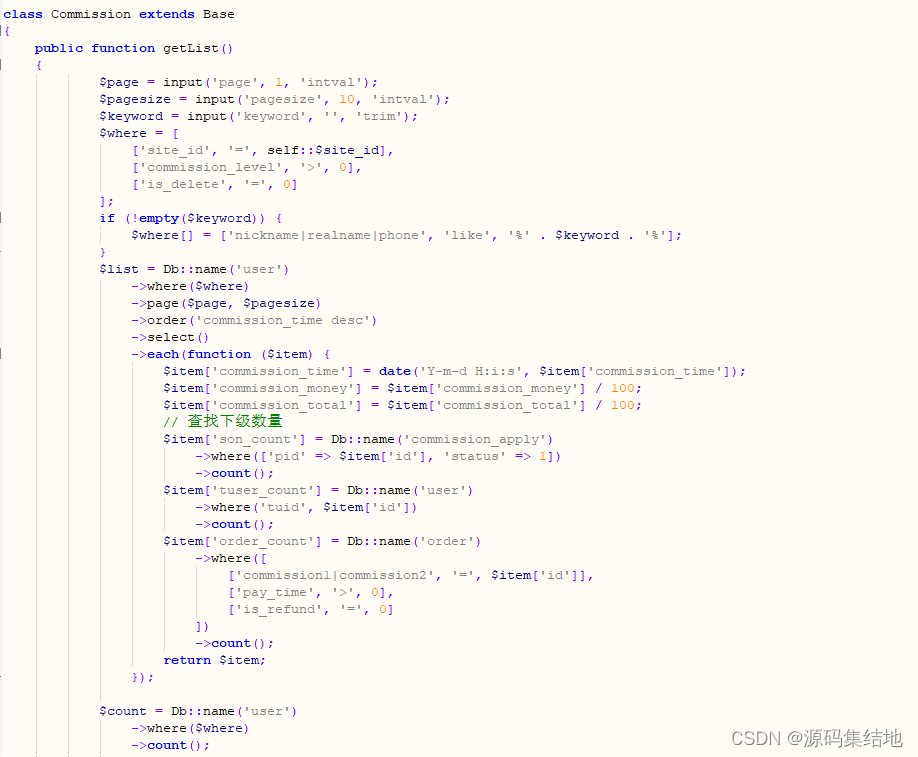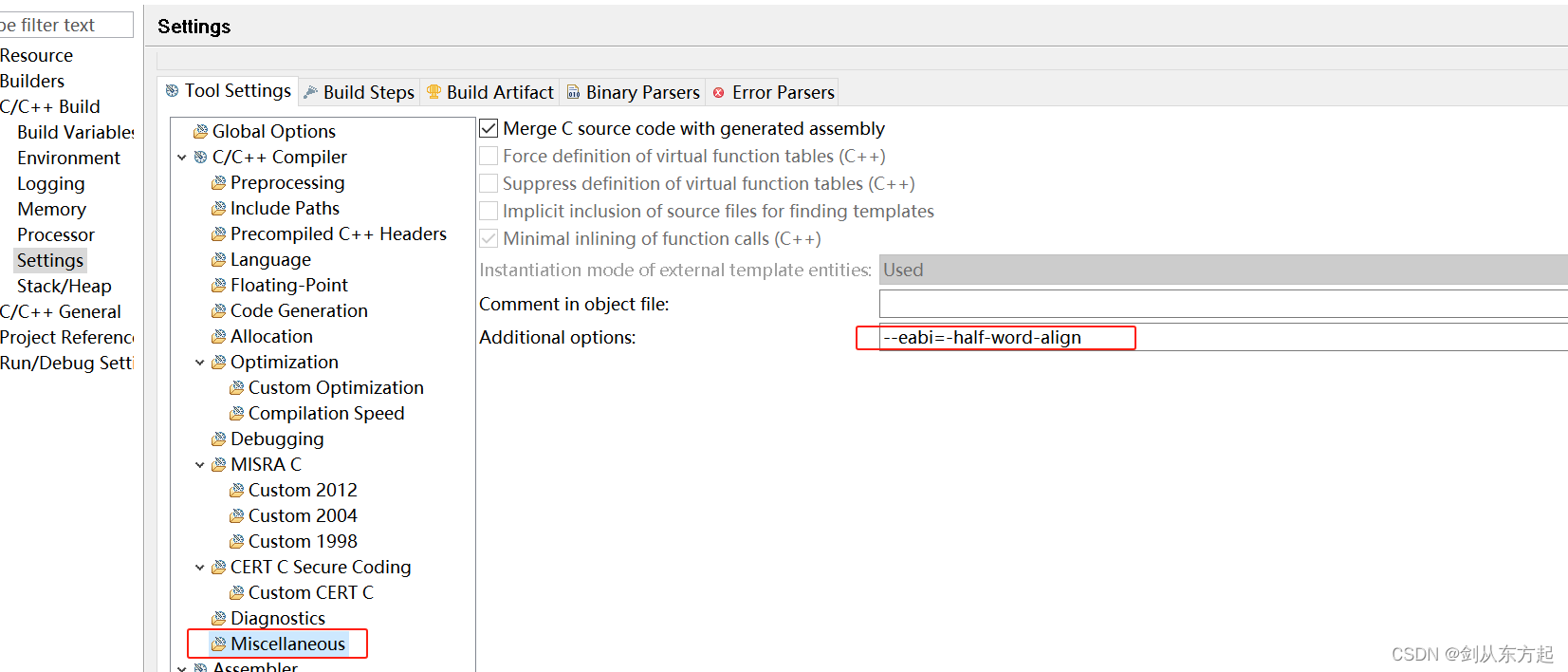1 了解线程池
1-1线程池的概述
由一个任务队列和一组处理队列的线程组成。一旦工作进程需要处理某个可能“阻塞”的操作,不用自己操作,将其作为一个任务放到线程池的队列,接着会被某个空闲线程提取处理。

1-2线程池的组件
任务 待处理的工作,通常由标识、上下文和处理函数组成。
任务队列 按顺序保存待处理的任务序列,等待线程中的线程组处理。
线程池 由多个已启动的一组线程组成。
条件变量 一种同步机制,允许线程挂起,直到共享数据上的某些条件得到满足。
互斥锁 保证在任一时刻,只能有一个线程访问该对象。
2 互斥锁 与 条件变量 自定义封装 声明 与 定义
thread.h
#ifndef _DEMO_THREAD_H_INCLUDED_
#define _DEMO_THREAD_H_INCLUDED_
#include <stdio.h>
#include <stdint.h>
#include <stdlib.h>
#include <sys/types.h>
#include <pthread.h>
#include <errno.h>
#include <string.h>
typedef intptr_t int_t;
typedef uintptr_t uint_t;
#define OK 0
#define ERROR -1
//---------互斥量(互斥锁)接口的封装-----------定义:thread_mutex.c
int thread_mutex_create(pthread_mutex_t *mtx); //线程 互斥锁的 创建
int thread_mutex_destroy(pthread_mutex_t *mtx); //线程 互斥锁的 销毁
int thread_mutex_lock(pthread_mutex_t *mtx); //线程 互斥锁的 加锁
int thread_mutex_unlock(pthread_mutex_t *mtx); //线程 互斥锁的 解锁
//---------条件变量接口的封装-----------------定义:thread_cond.c
int thread_cond_create(pthread_cond_t *cond); //线程 条件变量的 创建
int thread_cond_destroy(pthread_cond_t *cond); //线程 条件变量的 销毁
int thread_cond_signal(pthread_cond_t *cond); //线程 条件变量的 信号发送
int thread_cond_wait(pthread_cond_t *cond, //线程 条件变量的 信号接受
pthread_mutex_t *mtx);
#endif /* _DEMO_THREAD_H_INCLUDED_ */
thread_mutex.c
#include "thread.h"
//互斥锁的创建
int thread_mutex_create(pthread_mutex_t *mtx)
{
int err;
pthread_mutexattr_t attr; //互斥锁属性变量
//1对互斥变量属性 pthread_mutexattr_t 初始化
err = pthread_mutexattr_init(&attr);
if (err != 0) {
fprintf(stderr, "pthread_mutexattr_init() failed, reason: %s\n",strerror(errno));
return ERROR;
}
//2设置互斥变量防 死锁检测 PTHREAD_MUTEX_ERRORCHECK 不允许同一个线程多次获取同一个锁导致的死锁
err = pthread_mutexattr_settype(&attr, PTHREAD_MUTEX_ERRORCHECK);
if (err != 0) {
fprintf(stderr, "pthread_mutexattr_settype(PTHREAD_MUTEX_ERRORCHECK) failed, reason: %s\n",strerror(errno));
return ERROR;
}
//3对创建的互斥锁 mtx 设置 attr 属性
err = pthread_mutex_init(mtx, &attr);
if (err != 0) {
fprintf(stderr,"pthread_mutex_init() failed, reason: %s\n",strerror(errno));
return ERROR;
}
//3销毁互斥锁属性变量
err = pthread_mutexattr_destroy(&attr);
if (err != 0) {
fprintf(stderr,"pthread_mutexattr_destroy() failed, reason: %s\n",strerror(errno));
}
return OK;
}
//互斥锁的销毁
int thread_mutex_destroy(pthread_mutex_t *mtx)
{
int err;
err = pthread_mutex_destroy(mtx);
if (err != 0) {
fprintf(stderr,"pthread_mutex_destroy() failed, reason: %s\n",strerror(errno));
return ERROR;
}
return OK;
}
//互斥锁上锁
int thread_mutex_lock(pthread_mutex_t *mtx)
{
int err;
err = pthread_mutex_lock(mtx);
if (err == 0) {
return OK;
}
fprintf(stderr,"pthread_mutex_lock() failed, reason: %s\n",strerror(errno));
return ERROR;
}
//互斥锁解锁
int thread_mutex_unlock(pthread_mutex_t *mtx)
{
int err;
err = pthread_mutex_unlock(mtx);
#if 0
ngx_time_update();
#endif
if (err == 0) {
return OK;
}
fprintf(stderr,"pthread_mutex_unlock() failed, reason: %s\n",strerror(errno));
return ERROR;
}
thread_cond.c
#include "thread.h"
int thread_cond_create(pthread_cond_t *cond)
{
int

















![【移动通讯】【MIMO】[P1]【科普篇】](https://img-blog.csdnimg.cn/direct/887b630c28db4687b1dd88d329243248.png)
